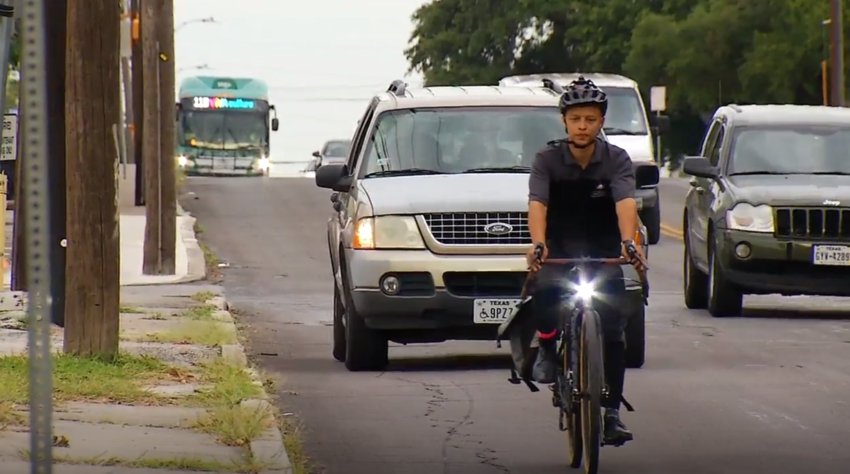New Resources on How the Food Industry Targets Latinos, Communities of Color

Targeting foods and drinks high in sugars, salt, and fats to Latinos and communities of color contributes to health inequity. To improve the nutritional quality of products that are directed toward and sold to Latinos and communities of color, advocates need to understand marketing strategies used by the food and beverage industry. A new series of four briefs from Berkeley Media Studies Group (BMSG), The 4 Ps of Marketing: Selling Junk Food to Communities of Color, explains how each marketing principle works and provides examples to illustrate how target marketing contributes to health inequities. For example, food and beverage companies use marketing tactics founded on the “marketing mix” principles of the 4 Ps—product, place, price, and promotion—to target Latino kids ...
Read More







